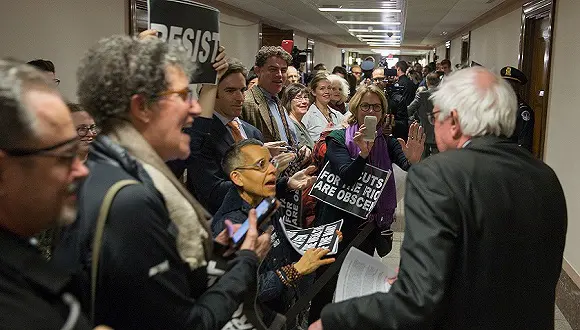The U.S. dollar strengthened against most major currencies Friday and rose versus the euro as the Federal Reserve is expected to raise interest rates in 2015 while the European Central Bank (ECB) may expand monetary easing measures.
U.S. Federal Reserve Chair Janet Yellen said Friday at a meeting held in Jackson Hole, Wyoming, that with the American economy getting closer to the Fed's objectives, the central bank's emphasis is "naturally shifting" to the question about "under what conditions we should begin dialing back our extraordinary accommodation."
Meanwhile, European Central Bank (ECB) President Mario Draghi said Friday that the ECB is willing to push more accommodative monetary policy as the continent suffers a stagnant economy. The euro/U.S. dollar rate slid to an 11-month low in Monday's trading. The U.S. dollar index, which tracks the greenback against a basket of major currencies, rose to the highest level in 2014.
Weak economic data out of the eurozone put additional pressure on the euro. Germany's Ifo business climate index, based on a monthly survey of some 7,000 companies, fell to 106.3 in August from 108 of the previous month.
Moreover, the conflicts between Ukraine and Russia as well as the sanctions against Russia launched by European Union are also believed to undermine economy in the eurozone.
In late New York trading, the euro fell to 1.3193 dollars from 1.3241 dollars of the previous session, and the British pound increased to 1.6580 dollars from 1.6577 dollars. The Australian dollar slipped to 0.9297 dollar from 0.9317 dollar.
The U.S. dollar bought 103.99 Japanese yen, higher than 103.93 yen of the previous session. The dollar went up to 0.9153 Swiss franc from 0.9138 Swiss franc and moved up to 1.0983 Canadian dollars from 1.0947 Canadian dollars.
 简体中文
简体中文

